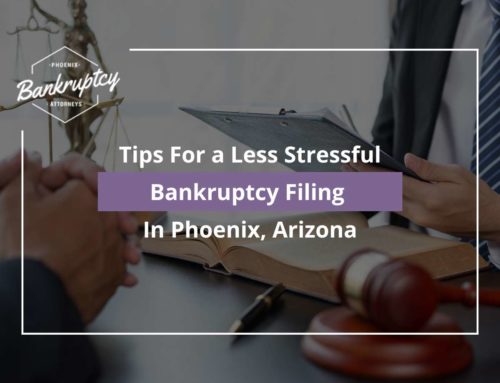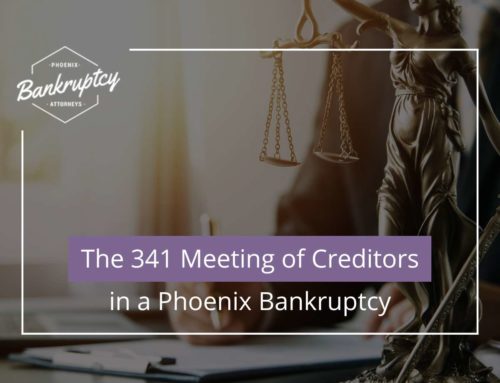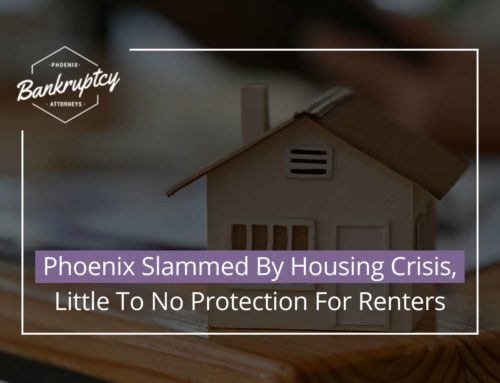Being out of work can be a very helpless and demoralizing feeling. Sometimes a termination comes as a shock, while at other times it can be an unfortunate but inevitable event after rumors have swirled. Even if it comes as a huge shock, your first order of business will probably to be to get back out into the job market. It’s important to replace your stream of income as soon as possible to avoid accruing debt. The longer you rely on credit cards and other lines of credit to keep food on the table, the more you can be charged in interest, late fees, etc. And with unemployment claims reaching a three-month high for the week ending on February 22, credit card companies are likely salivating waiting to reel in those extra fees.
As the Trump administration lays off federal workers, more and more Americans are forced to apply for unemployment benefits to bridge the gap while seeking new employment. There were 242,000 new claims for that week, and the number is expected to continue to rise as federal layoffs continue. This number represents a new high over the course of the past three months. In Arizona, to qualify for unemployment benefits, the worker must have lost their job through no fault of their own. Hopefully, most of these people will find new jobs quickly and experience minimal financial setbacks. If not, and their debts get out of control, bankruptcy can serve as a solution to these problems. Our firm offers unparalleled bankruptcy representation in the Phoenix area and convenient phone consultations free of charge. Contact our Phoenix Bankruptcy Lawyers today by calling 480-263-1699.

Starting The Bankruptcy Process
If you are unemployed and struggling with debt, bankruptcy might be on your horizon. One of your first steps should be to learn more about the different chapters of bankruptcy and confirm that you are eligible for your preferred option. There are two types of bankruptcy used most often by consumers: chapter 7 and chapter 13. Some people qualify for just one or the other, but others may qualify for both or neither. If a debtor files for bankruptcy when they don’t actually qualify, their case could be dismissed at any moment, leaving them unprotected from creditors. Filing your case with a qualified attorney is the best way to ensure that your filing is accurate. Schedule your free consultation with our Phoenix Bankruptcy Lawyers today by calling our office at 480-470-1504.
Chapter 7 Bankruptcy
Chapter 7 bankruptcy is the most common form of bankruptcy. It clears unsecured non-priority debts with few limitations. To qualify for such a massive benefit, the debtor must be able to show that they don’t have sufficient income to maintain a reasonable lifestyle and pay off their debts. There are two ways to demonstrate this. The first is by comparing household income, taking the average from the past six months, and comparing it to the median state income for a household of the same size. If the debtor doesn’t qualify using this method, they can use the means test to calculate their disposable monthly income. Disposable monthly income is how much money is left at the end of the month after the debtor has paid for necessary expenses like rent, utilities, etc. If the debtor’s disposable monthly income falls within a certain threshold, they will be eligible to file for chapter 7 bankruptcy.
Chapter 13 Bankruptcy
The debtor might not qualify for chapter 7 using either method, or chapter 7 bankruptcy might not fulfill their debt relief goals. Chapter 7 can only clear unsecured non-priority debts, meaning several other types of debts, like student loans, domestic obligations, secured debts, and more will all be unaffected by a chapter 7 filing. If the debtor is mainly burdened by debts that can’t be cleared by chapter 7 bankruptcy, or doesn’t qualify anyway, chapter 13 is also available as a form of debt relief. Chapter 13 is a debt repayment plan that lasts 3 or 5 years depending on how the debtor’s income compares to the state median income for their household size. It offers the chance to pay off secured and priority debts while protected from creditors by the automatic stay. If the debtor can pay off the rest of their plans and has unsecured non-priority debts remaining at the end of their payment plan, they will be cleared as they would in chapter 7 bankruptcy. The debtor needs to show the court they have enough income to pay off bankruptcy fees, secured debts, and priority debts to prove their income eligibility for chapter 13 bankruptcy.
Documents To Have Ready
There are some documents you should begin gathering whether you wish to file chapter 7 or chapter 13 bankruptcy. We always recommend that our clients track down their Social Security card and government-issued ID before filing their bankruptcy petitions. This is because the information on your petition must match the information on your Social Security card, even if there is a typo. Additionally, you will be required to verify your identity at your 341 Meeting of Creditors, so having these documents available before you file can help you avoid delays further down the road in your case. You will also need your last six months’ worth of pay stubs or other proof of income, regardless of which chapter you file. Bankruptcy debtors of both chapters will need to create an inventory of their household items, gather statements from all of their bank accounts, documentation for their vehicle, and more. The trustee assigned to your case can request documents already used for your petition or additional documents to supplement that information throughout the process.
Choosing the correct chapter of bankruptcy and gathering your initial documents are just the beginning steps of discharging your debts through bankruptcy. Failure to complete these steps or any of those that follow them can result in delays, asset seizures, or even dismissal of your case. If you want to reduce the risk of these types of issues, you should discuss your situation with an experienced Phoenix bankruptcy lawyer. Contact our firm for your free consultation today at 480-263-1699.
Weighed Down By Job Loss, The Cost Of Living Crisis, And More? Discuss Your Bankruptcy Options With An Experienced Professional Today
If you are struggling financially during these turbulent times, hopefully you can find comfort in knowing that you aren’t alone in this experience. Hundreds of thousands of new unemployment claims are being filed each week, with no end in sight as federal layoffs continue. The majority of Americans don’t have a backup plan in place for unexpected job loss, and may only have savings to cover a few weeks without work. Bankruptcy provides an avenue to clear debts and stop creditors from taking actions like home foreclosure, wage garnishment, vehicle repossession, and more. While some bankruptcy laws apply nationwide, there are specific rules in each state that can make your case different from stories you might have heard. Our Phoenix Bankruptcy Lawyers can guide you through the bankruptcy process and answer any questions you have about discharging your debts. Contact our firm for your free consultation today at 480-263-1699





